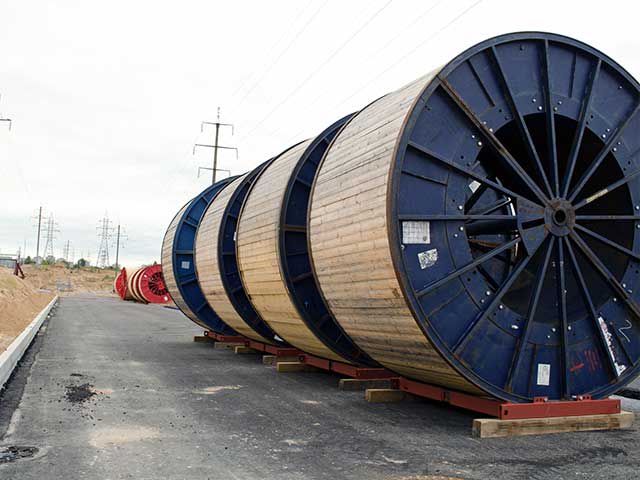 Chris Keane/Reuters
President Donald Trump
Chris Keane/Reuters
President Donald Trump
- President Donald Trump announced the US will soon impose tariffs on imports of steel and aluminum.
- Tariffs are taxes on imports designed to boost US production of goods.
- The new tariff will cause costs to go up for businesses that use steel and aluminum - and possibly jump prices for consumer goods, too.
President Donald Trump announced Thursday that the US will soon begin imposing tariffs on steel and aluminum, a move that will have consequences for a wide swath of American consumers and businesses.
Trump said that the US will impose a 25% tariff on imports of steel and a 10% tariff on imports of aluminum.
The measures are designed to boost the US steel industry. But they could also have serious consequences for businesses that use the metals - as well as consumers that buy those goods.What is a tariff?
- A tariff, in plain terms, is a tax on goods coming into a country.
- In the US, many tariffs are paid at the time of entry into the US via a customs broker or agent - along with other duties and fees that may apply to the import.
- The idea of a tariff is to push up the price of foreign goods to make the US-made option more attractive.
- In this case, Trump is attempting to get companies to use more US produced steel and aluminum.
Hans Mikkelsen, a Bank of America Merrill Lynch strategist, said the new taxes will shift the supply and demand for overseas steel and aluminum.
"International Trade 101 analyses the partial equilibrium effects of a tariff as driving a wedge between demand and supply curves, whereby the price goes up and the quantity down," he said in a note to client.
What does it mean for businesses?
- For many businesses that use steel and aluminum, the cost to produce their items will increase.
- For example, the Beer Institute - a trade group that represents beer manufacturers - said the 10% aluminum tariff will add on an additional $347.7 million in costs for American brewers.
- Other companies are also expected to take a hit from the new tariffs.
- Robert Moskow and Neel Kulkarni, analysts at Credit Suisse, estimated the new tariffs could increase the price of packaging for the Campbell's Soup company by 15% due to their metal cans. That would cost the company an additional $88 million a year.
Additionally, the higher costs could cause businesses to find other areas where they can save money, including paying workers. Studies found that the most recent steel tariff imposed by President George W. Bush in 2002 resulted in as many as 200,000 jobs lost in industries that use steel to make their products.
What does it mean for the average American?
- Businesses that see the cost of goods rise have three options to make up the losses: cuts costs in other areas, simply absorb the cost and accept lower profit margins, or pass the costs onto consumers.
- The latter option is concerning to economists because it could lead to a slowdown in consumer spending and an uptick in inflation.
" So, for consumers, tariffs are like sales taxes in that they increase prices ," Erica York, an analyst at the right-leaning Tax Foundation said in a blog post Friday .
Commerce Secretary Wilbur Ross said in a CNBC appearance that the increased cost for a car would amount to about $175, which he called "no big deal." On an aggregate scale, however, the increase adds up.
Over 17.2 million cars were sold in 2017 , meaning that if Ross's math is right, Americans would pay about $3 billion more for vehicles under the new tariffs amid similar purchasing patterns. Next Story
Next Story



Comments ()
SIGN IN WITH
FacebookGoogleEmail